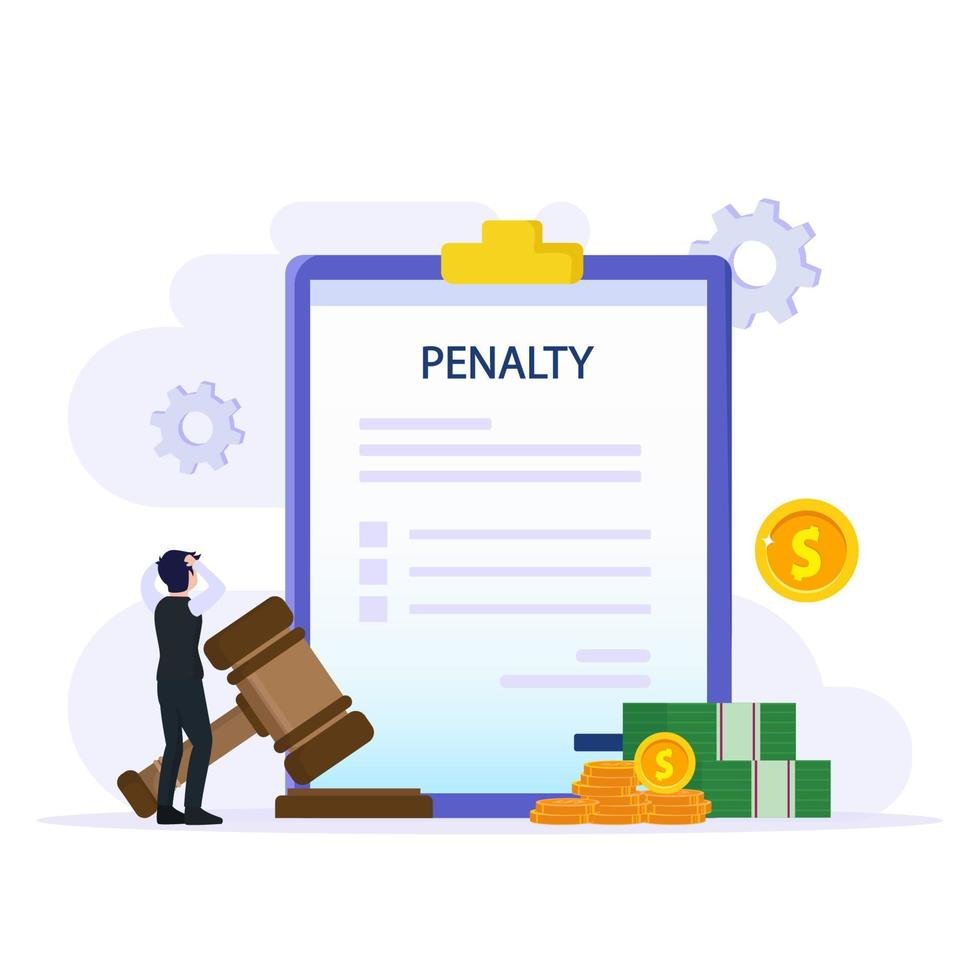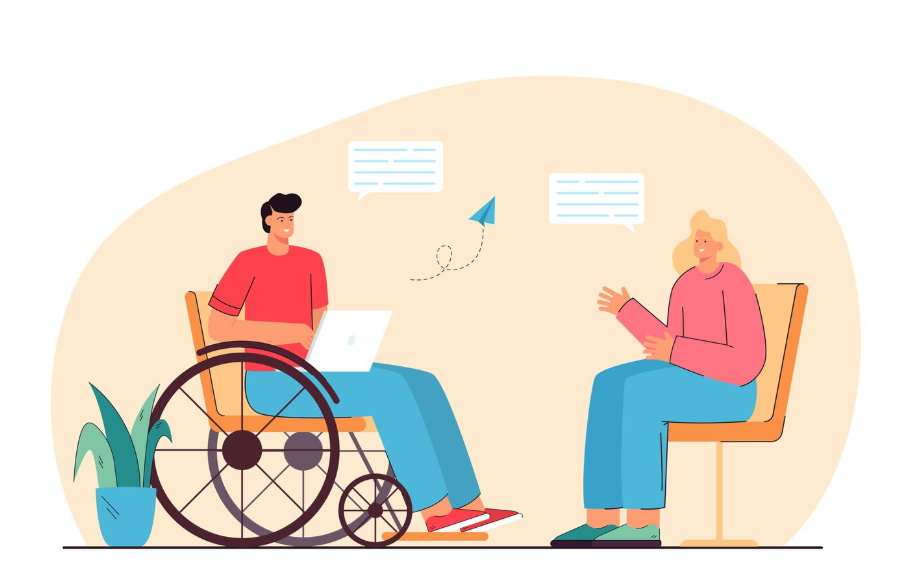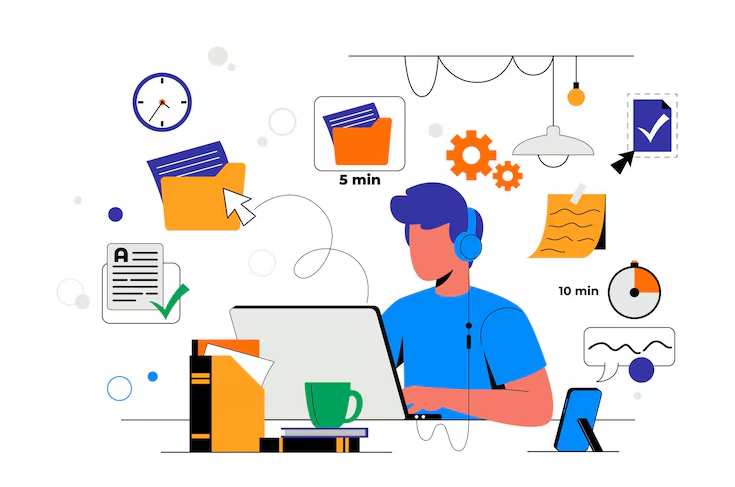Practical guide to NDIS Registration Groups
Whether you're a new provider or looking to diversify your services, being across the NDIS Registered Groups (RGs) is key to delivering high quality, participant-centred support
Getting familiar with the RGs isn’t just about ticking boxes. It’s about making sure your services genuinely meet the needs of participants. When you understand how the RGs are structured, it becomes easier to align your supports with what participants are funded for, stay compliant with registration requirements, and spot opportunities to grow your offerings. It also helps you communicate more clearly with participants and support coordinators, which builds trust and makes collaboration smoother.
This guide outlines the RGs currently recognised under the NDIS and what they mean for your organisation.
Daily Living & Accommodation Supports
RG 101 – Accommodation / Tenancy Assistance
Support with securing and maintaining housing, including tenancy obligations.RG 115 – Daily Life Tasks in Shared Living
Assistance with daily routines in group or shared living environments.RG 107 – Daily Personal Activities
Help with personal care tasks such as hygiene, dressing and mobility.RG 104 – High Intensity Daily Personal Activities
For participants requiring complex care delivered by skilled workers.RG 120 – Household Tasks
Domestic support including cleaning, laundry and meal preparation.RG 111 – Home Modification Design and Construction
Structural changes to improve accessibility and safety.RG 131 – Specialised Disability Accommodation (SDA)
Purpose-built housing for participants with very high support needs.
Transport & Mobility
RG 108 – Travel/Transport Arrangements
Support to access transport or build capacity for independent travel.RG 109 – Vehicle Modifications
Customising vehicles to suit mobility needs.RG 105 – Personal Mobility Equipment
Provision of mobility aids such as wheelchairs and walking frames.
Employment & Education
RG 102 – Access and Maintain Employment or Higher Education
Support for job-seeking, workplace adjustments or continuing education.RG 133 – Specialised Supported Employment
Employment services tailored for participants with high support needs.RG 129 – Specialised Driver Training
Driving instruction for participants using modified vehicles or requiring additional support.
Health & Therapeutic Supports
RG 128 – Therapeutic Supports
Allied health services including OT, speech therapy, psychology and more.RG 126 – Exercise Physiology & Personal Well-being
Programs to improve physical health and wellbeing.RG 114 – Community Nursing Care
Clinical care provided by registered nurses.RG 110 – Specialist Positive Behaviour Support
Behavioural assessments and intervention planning.
Early Childhood & Life Skills
RG 118 – Early Childhood Supports
Early intervention for children aged 0–6 with developmental delay or disability.RG 117 – Development of Daily Living and Life Skills
Capacity-building programs to enhance independence.RG 106 – Life Stage, Transition and Support Coordination
Support during key life transitions such as leaving school or starting work.
Community Participation
RG 125 – Community, Social and Civic Activities
Encouraging social inclusion and community engagement.RG 136 – Group and Centre Based Activities
Structured programs to build skills and social connections.RG 116 – Innovative Community Participation
Creative approaches to community involvement.
Assistive Technology & Equipment
RG 103 – Personal Care and Safety Products
Items like shower chairs, bed rails and emergency alarms.RG 123 – Household Task Products
Tools that support independence in domestic tasks.RG 112 – Recreational Assistive Equipment
Equipment for hobbies and leisure activities.RG 124 – Communication and Information Equipment
Devices that support communication, including AAC systems.RG 113 – Vision Equipment
Tools for participants with vision impairment.RG 122 – Hearing Equipment
Includes hearing aids and related devices.
Specialist Services
RG 130 – Assistance Animals
Support for training and maintaining assistance animals.RG 134 – Hearing Services
Audiology and hearing support services.RG 119 – Specialised Hearing Services
Advanced hearing assessments and equipment setup.RG 135 – Customised Prosthetics
Tailor-made prosthetic limbs and devices.
Plan Management & Coordination
RG 132 – Support Coordination
Helping participants understand and implement their NDIS plans.RG 127 – Plan Management
Financial administration of NDIS funding.RG 121 – Interpreting and Translation
Language services for participants from diverse backgrounds.
By understanding and aligning with the RG framework, providers can deliver more targeted, effective and compliant services. This not only improves outcomes for participants but also strengthens your organisation’s reputation and operational efficiency.



